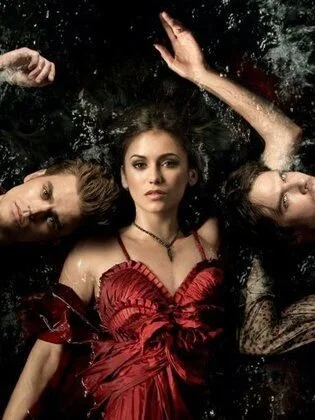A Media Literacy Lens on the Cultivation Effects of Rape Culture Representation in Fantasy Media
By: Elise Kline
Abstract
As media consumption continues to rise and the media landscape continues to grow in it’s complexity, exposure to dangerous integrated elements: toxic masculinity, rape myth, rape myth acceptance, sexual violence and rape culture, have dramatically increased the probability of negative cultivation effects for viewers. Through a media literacy lens, the present study examines and interrogates how rape culture is represented in fantasy media television, how both female and male audiences define its complex elements and the consequential effects on viewers. Findings showed that participants with a higher media literacy reported more positive personal sexual beliefs, less acceptance of interpersonal violence and a stronger understanding of (1) rape myth and rape myth acceptance, (2) consent, (3) sexual violence, (4) sexual objectification and (4) toxic masculinity.
